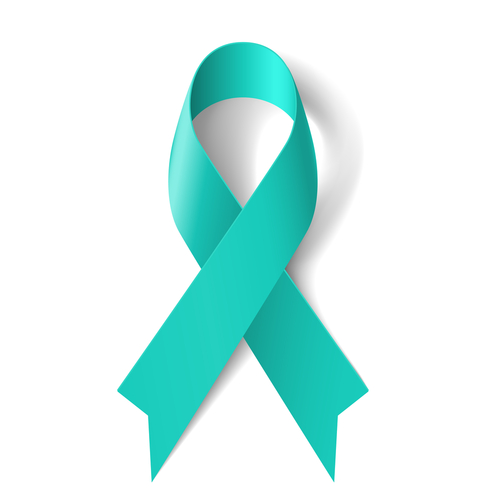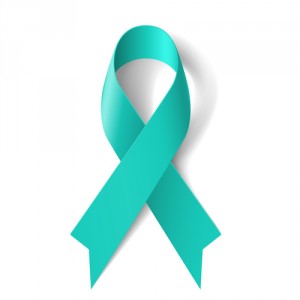TOMORROW: Webinar on Diagnosis and Management of Scleroderma Organized by Johns Hopkins and Scleroderma Research Foundation

 Dr. Francisco Boin of the Scleroderma Center at The Johns Hopkins University School of Medicine is organizing a live and free webinar about scleroderma, a rare autoimmune disease, taking place tomorrow, August 21, at 1:00 p.m. EDT. The center is one of the largest scleroderma specialty clinics in the world and is working in collaboration with the Scleroderma Research Foundation (SRF), America’s leading nonprofit investor in medical research.
Dr. Francisco Boin of the Scleroderma Center at The Johns Hopkins University School of Medicine is organizing a live and free webinar about scleroderma, a rare autoimmune disease, taking place tomorrow, August 21, at 1:00 p.m. EDT. The center is one of the largest scleroderma specialty clinics in the world and is working in collaboration with the Scleroderma Research Foundation (SRF), America’s leading nonprofit investor in medical research.
The webinar, called “Diagnosis and Early Management of Scleroderma,” is designed for both patients, regardless of the type of scleroderma they suffer from, and caregivers, both inside and outside of the healthcare community. The webinar organized by Dr. Boin is the 15th of an ongoing educational series that can be seen live or post-broadcast on the Foundation’s website. The webinar is aimed at educating a broad audience on the diagnosis and importance of early management of scleroderma.
[adrotate group=”4″]
“We hear far too often that patients do not have access to the tools and information to help them better manage their care,” explained the SRF Executive Director, Amy Hewitt. “With our webinar series, we are trying to bridge that gap by providing access to the experts.” As all of the other materials from the SRF series, the webinar is free and it is being funded by Gilead Sciences and the United Therapeutics. Registrations for the webinar are available on the Foundation website here.
Scleroderma is a rare autoimmune disease, which affects not only the skin but also the internal organs and is among the most deadly rheumatic diseases. Scleroderma especially affects women — which represent 80% of the patient population — and is often first diagnosed between the ages of 30 and 50. Its causes are not yet known, aside from the fact that it is contagious or directly hereditary and it is characterized by widespread vascular abnormalities, immune dysregulation, and fibrotic complications, affecting multiple organs including the skin and lung.
[adrotate group=”3″]
There is no cure for scleroderma, and Dr. Boin is one of the physician-scientists currently researching the disease. His work, based on basic research technology to study a patient’s clinical disease, focuses on the cellular biology of immune cells and the mechanisms of autoimmunity in scleroderma. His purpose is to identify reliable laboratory tools to study the causes of the disease, with a particular interest in the measurement of the disease activity, the motorization of treatments, and the prediction of clinical outcomes.
The Johns Hopkins Scleroderma Center’s main work is focused on the care of patients with scleroderma and related conditions such as Raynaud’s phenomenon, localized scleroderma, and pulmonary arterial hypertension. Other physicians at the Center are also working on understanding the causes and best treatment approaches for scleroderma, as currently available therapies address various symptoms rather than truly arresting disease progression.







